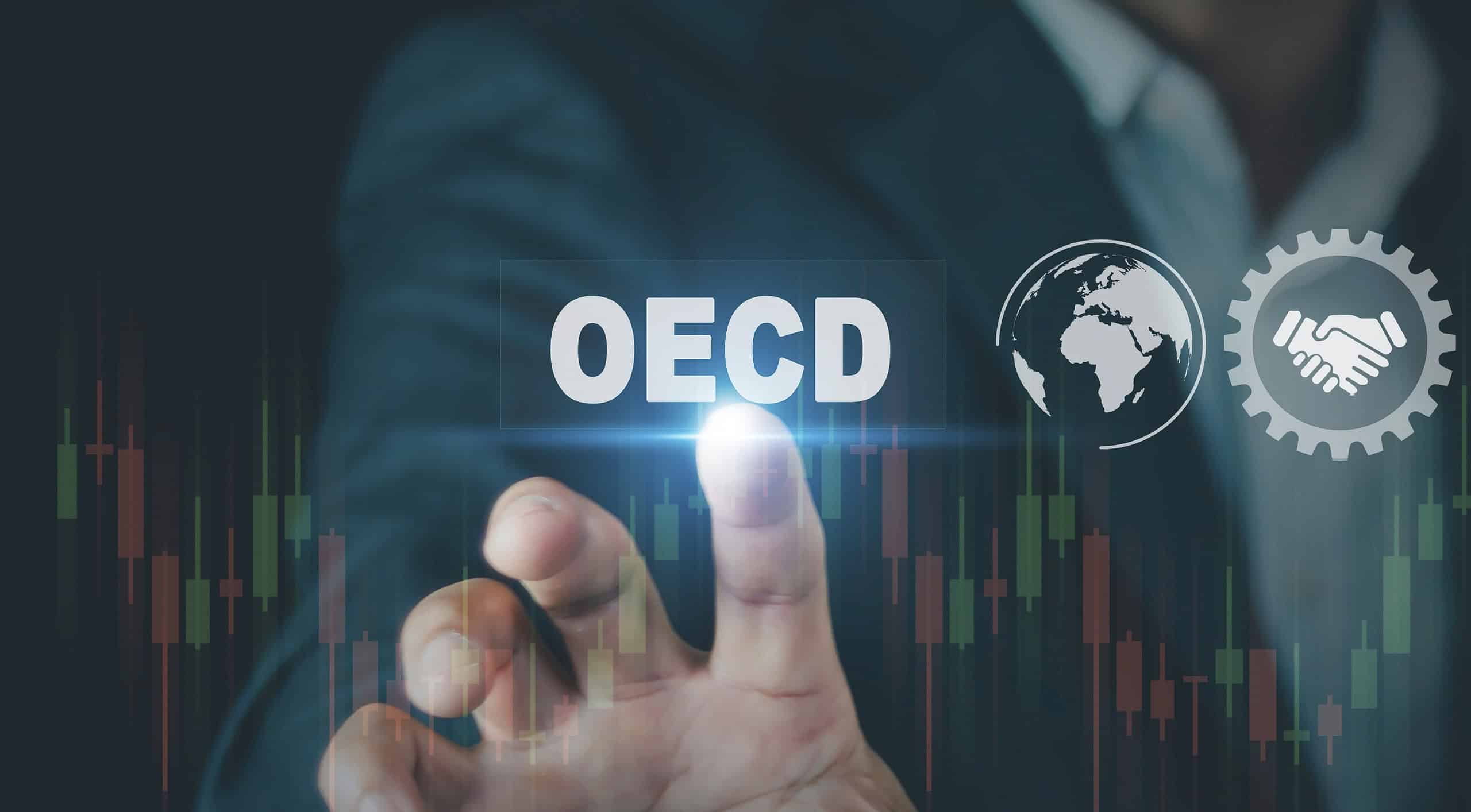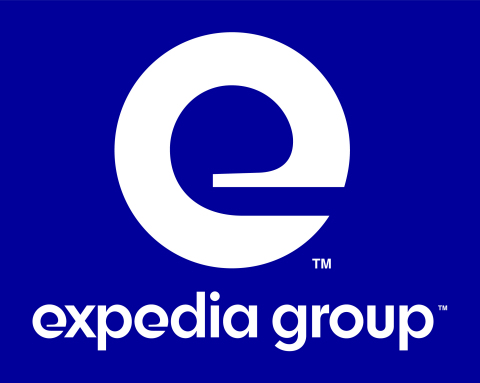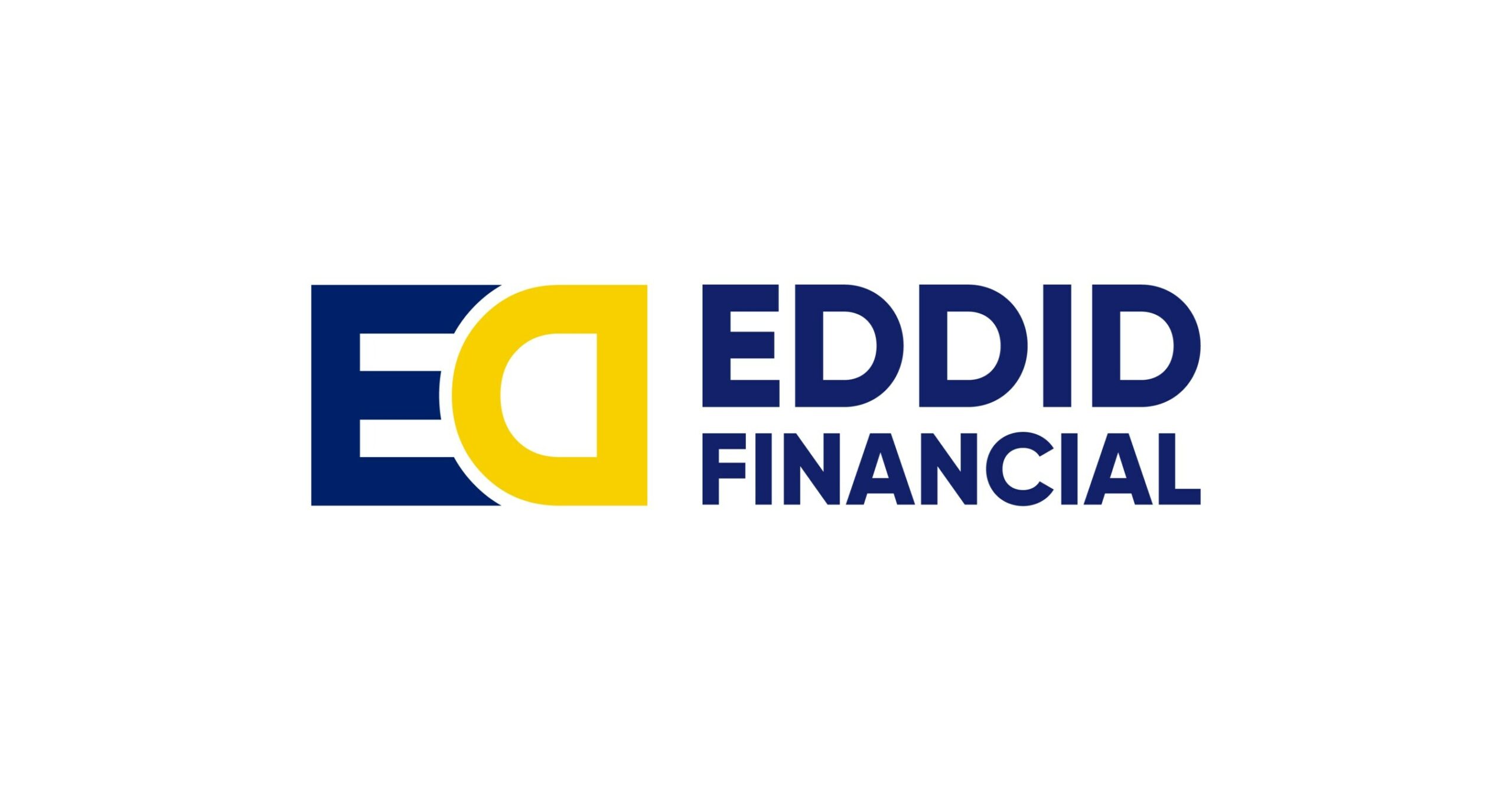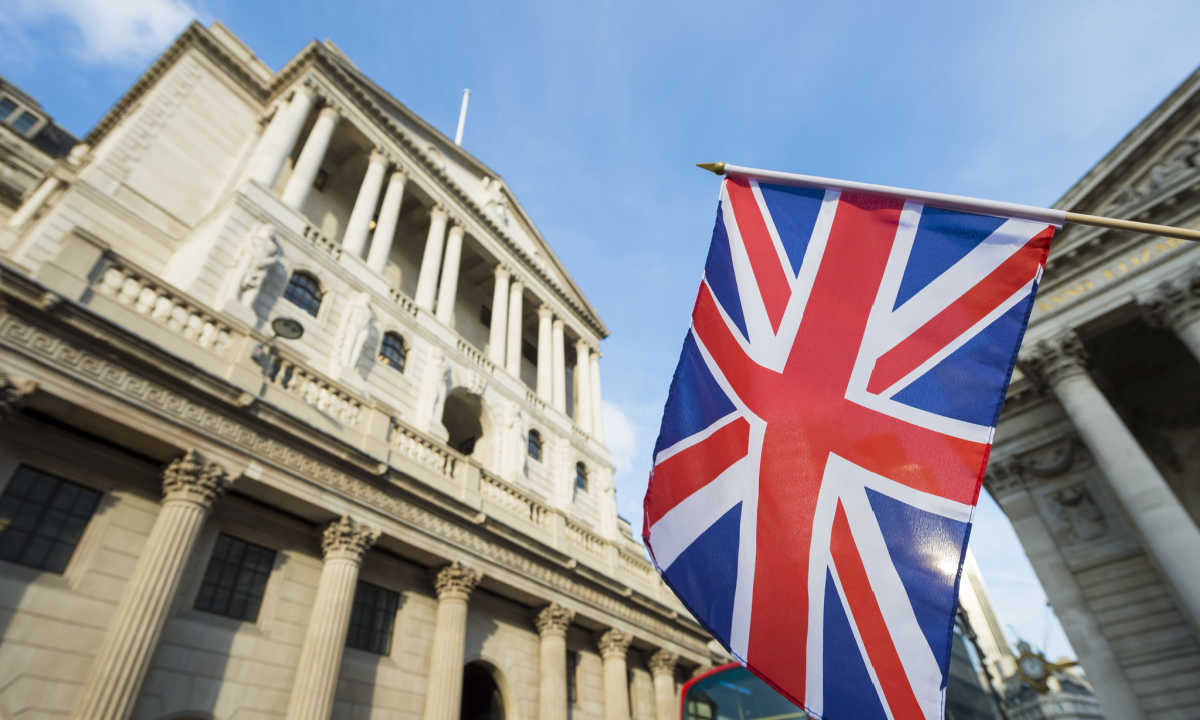- House Financial Services Leadership Targets Digital Assets
- China’s finance ministry vows measures to boost consumption and investment next year
- UK Treasury chief heading to China to revive suspended economic, financial talks
- A Strategic Investment In Salem From A ‘Faith and Finance’ Firm
- Japan: Nippon Makes Record Overseas Insurance Purchase
Starting Jan. 1, the United Arab Emirates (UAE) will levy a tax of 15% on large multinationals (MNCs) operating in the country as part of corporate tax reforms required by the Organization for Economic Cooperation and Development (OECD).
You are viewing: Global Rules, Local Impact: UAE Aligns With OECD
The OECD framework aims to clamp down on tax avoidance. The OECD regulations known as the Global Anti-Base Erosion Rules or GLoBE, has seen over 135 jurisdictions agree to update elements of the international tax system.
See more : CFPB Issues Final Rule on PACE Transactions
The Direct Minimum Top-up Tax, or DMTT is part of the OECD’s reform program to unify tax rates for MNCs and ensure they pay a minimum of 15% in every country in which they operate. The UAE’s compliance with OECD demands is being administered by the Ministry of Finance.
According to the Emirates News Agency WAM, the DMTT applies to multinational enterprises operating in the UAE with consolidated global revenues of €750 million or more “in at least two out of the four financial years immediately preceding the financial year in which the DMTT applies.”
From 2023, the UAE has had a corporate tax rate of 9% imposed on companies with profits exceeding AED375,000 ($102,100). It also introduced a 5% rate of VAT on goods and services in 2018.
See more : SingPost Names Group Finance Chief After Whistleblower Report
The emirates is a hub for MNCs. Many of them operate in zones that offer favorable tax incentives. Largely pioneered by Dubai, the business model has been copied by other countries to attract for-eign direct investment.
Bahrain is also reportedly rolling out the DMTT from January 1. Other Gulf Cooperation Council members namely, Kuwait, Oman, Qatar and Saudi Arabia as members of the OECD are also likely to implement the DMTT rules.
Meanwhile the UAE is mulling new tax incentives to promote growth and innovation. To encourage research and development, in 2026, the UAE will offer a R&D tax incentive comprising a 30-50% tax credit, refundable depending on the revenue and number of employees of the business in the UAE, WAM stated. It also proposes to offer a refundable tax credit for employment activities that stimulate innovation and enhance the UAE’s global competitiveness. Both incentive programs are subject to legislative approval.
Source link https://gfmag.com/economics-policy-regulation/uae-oecd-global-corporate-tax/
Source: https://summacumlaude.site
Category: News







